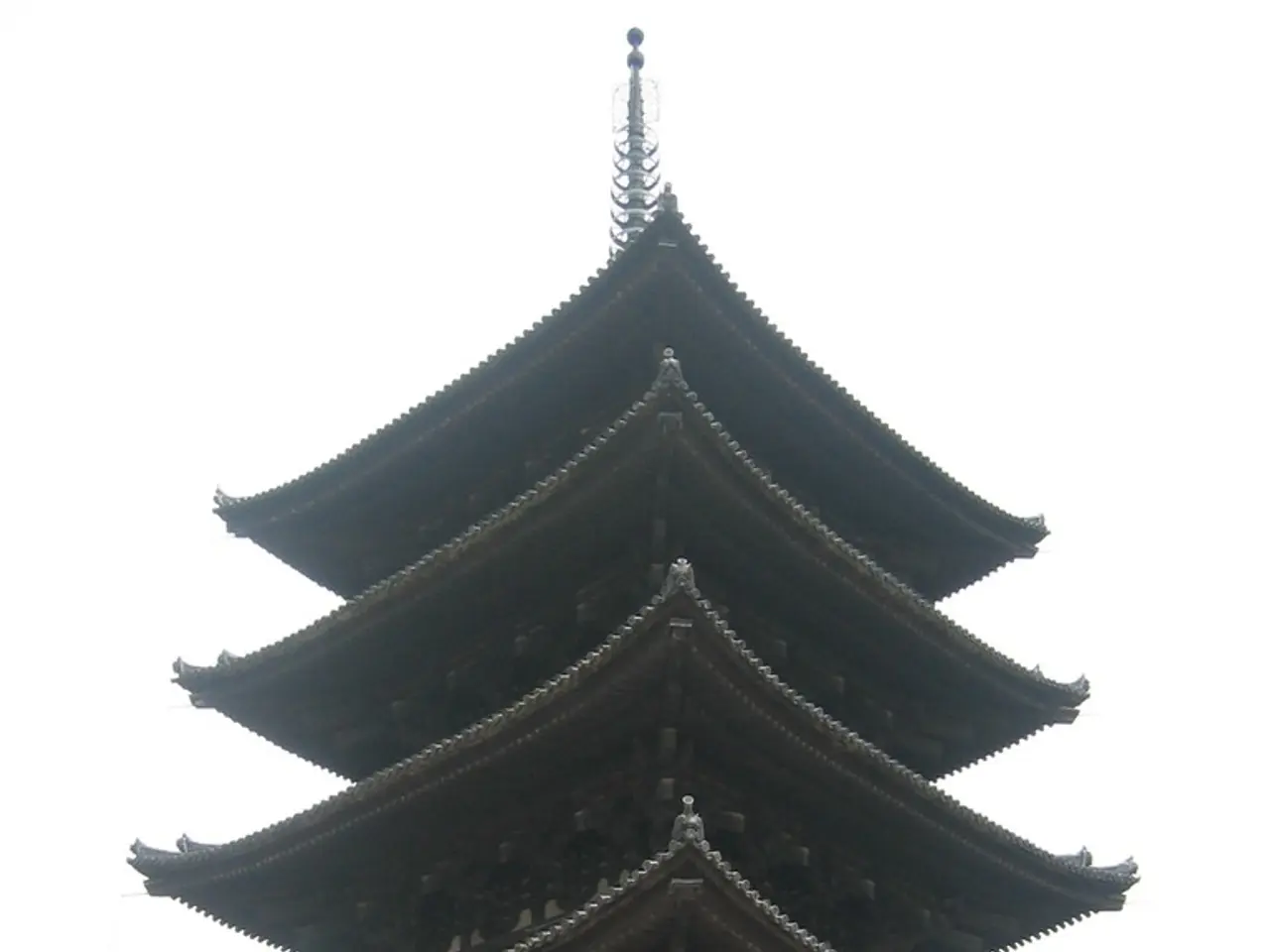Nvidia H20 chips deemed unsafe for use in China, according to Chinese state broadcasts
China Raises Security Concerns over Nvidia's H20 Chips
A series of allegations have been raised regarding potential security risks in Nvidia's H20 chips, developed specifically for the Chinese market. These concerns, primarily voiced by Chinese authorities and media, have sparked a debate over the safety and reliability of the chips.
At the heart of the controversy is the claim of potential backdoor access, which could allow remote control or bypass of security. Chinese state media, including CCTV-affiliated accounts and People's Daily, have urged Nvidia to provide convincing security proofs to alleviate these concerns and restore trust among Chinese consumers.
However, Nvidia has denied any such backdoors in its products. In response to a request for comment, the company has yet to respond.
The H20 chips were developed to comply with export controls and reduce potential competitive risks, with limited computing power compared to Nvidia’s advanced models and some functionality removed to restrict Chinese AI development capabilities. Initially, the Trump administration banned sales of these chips to China, citing national security concerns. However, the ban was reversed in July 2025 amid trade negotiations.
Environmentally, the H20 chips have also been criticized in China for being neither technologically advanced nor environmentally friendly.
| Concern | Details | |----------------------------|-------------------------------------------------------------------------------------------------| | Backdoor Access | Chinese regulators and state media allege potential hardware backdoors enabling remote access. Nvidia denies any such backdoors. | | Technological Level | Chinese media criticize the H20 chips as not technologically advanced compared to other Nvidia models and global standards. | | Environmental Issues | Chinese sources state the chips are not environmentally friendly. | | U.S. Export Controls and Politics | Chips designed with capabilities restricted by U.S. export controls; sales initially banned and then allowed as part of trade negotiation strategies. |
As the debate continues, Nvidia maintains that its chips are secure and free from backdoors. Yuyuan Tantian's claims about the H20 chips performing remote shutdown functions and not being technologically advanced or environmentally friendly are controversial and have not been independently verified.
[1] China's cyberspace watchdog summons Nvidia over security concerns in H20 chips. (n.d.). Retrieved from https://www.reuters.com/article/us-china-usa-nvidia-idUSKBN25022Y
[2] Nvidia's H20 chips: What you need to know. (2025, July 1). Retrieved from https://www.techradar.com/news/nvidias-h20-chips-what-you-need-to-know
- Amidst the debate over the safety and reliability of Nvidia's H20 chips, Chinese authorities and media have highlighted concerns about potential backdoor access, suggesting these chips might allow remote control or bypass of security.
- Chinese state media, including CCTV-affiliated accounts and People's Daily, have urged Nvidia to present convincing security proofs to alleviate these concerns and rebuild trust among Chinese consumers.
- In an effort to comply with export controls and reduce potential competitive risks, the H20 chips feature limited computing power compared to Nvidia’s advanced models and some functionality has been removed to restrict Chinese AI development capabilities.
- Additionally, the general news has covered environmental criticisms towards the H20 chips in China, with sources stating they are not environmentally friendly or technologically advanced compared to global standards.




